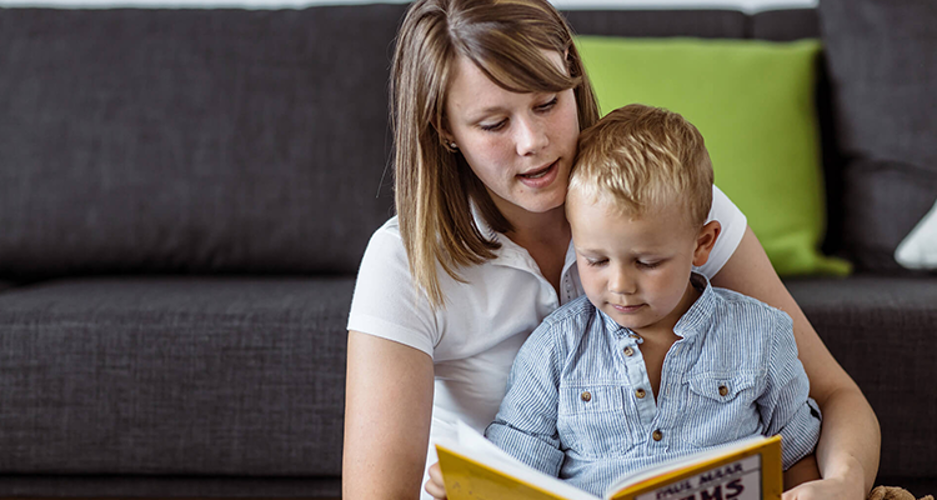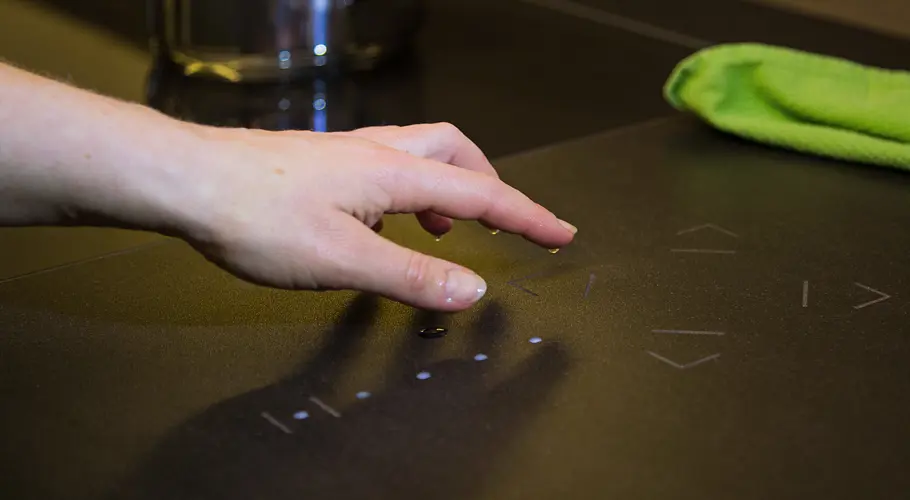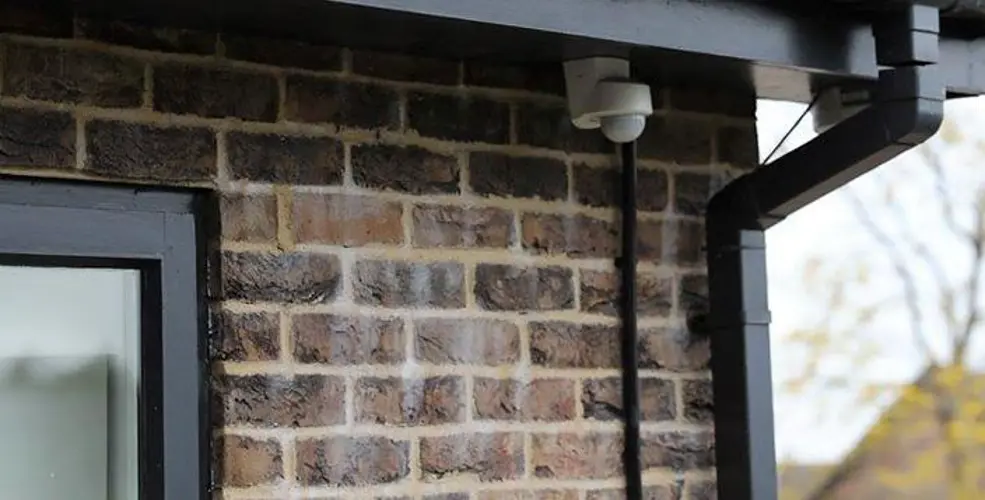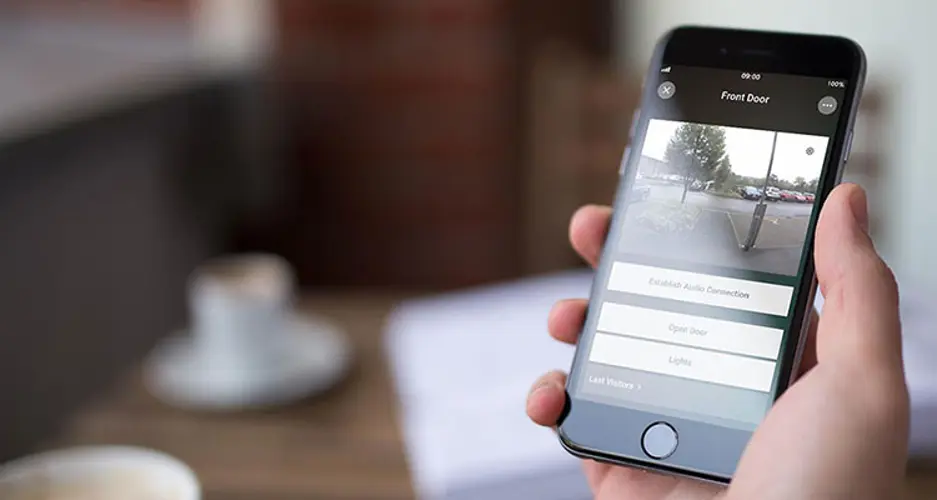Smart Security and Alarms

When we think about our biggest home fears, generally security will come to mind before anything else, but in reality, losses derived from break-ins are commonly substantially lower than those from gas/water leaks, or fire. Today we'll dig a little bit further into the smart technologies industries take on security and alarms, to see whether there’s a solution to reduce break-ins or water/gas leaks.

Regular Alarm Systems
A positive aspect about traditional alarm systems, is that known for being pretty straightforward, hence their popularity amongst houses in the UK. A technician from a security company would go to the house and place large motion sensors in the corner of your rooms which connect to the external alarm. This type of burglar alarm system is still offered by some security companies around the UK, and costs vary depend on the house´s size, but an alarm only pack with two or three sensors can be found in the market for £125-£300
Now, in addition to regular alarm systems, we have wireless alarm systems that use radio signals (not 100% reliable) to connect the base alarm with the sensors. Most users believe that wired security alarm systems are more reliable than a wireless one but in reality, with all the technological advances we have, the industry has reached a level where both options can be equally valid.
Some of these wireless alarms can even be linked to an ARC (Alarm Receiving Center) thus they will be able to call the police in case an emergency happens. Another good thing about wireless alarm systems is that sometimes they can be less expensive as they do not require any complicated installation process. Both wired and wireless alarm options may be labelled now as the "classic ones", as they´ve been around for a while now, and most people are familiarised with them.
The only major drawback here is that since this type of alarms can only alert the police (if they´re used with ARC technology) or people passing by, a delay in a proper response can be a major issue. That's the reason why a self-monitoring alarm system may be more effective than regular security methods.
That being said, we can conclude that traditional alarm systems are well-known, they abide by national security standards plus insurance companies always recognise them. While on the other side, smart alarm systems offer the possibility for users to manage security just as easy as their audio/video, heating and lighting, providing a full integration on systems that we can all enjoy and need.

Systems for Home Automation
We´ve already discussed the first two forms in which the UK embraces alarm system technology. Now there's a third option out there which has more smart components. Many companies provide outstanding products and services like Loxone, Crestron and Control4 to name a few.
We can say if a home security system wants to be reliable and successful among users, it must have the following: Motion detectors, smart sensors for windows/doors and full control of cameras as well as full light and heat integration. Some brands like Loxone have an option to simulate occupancy which is very useful to deter potential burglars.
One crucial factor that is worth mention is the fact that while the first two security options are regulated by the National Security Inspectorate (NSI), it is not the same case with smart security systems, which can make insurance companies reluctant to be as favourable as they might be with regular alarm systems. Hence smart homeowners will not see their fees reduced in any way.
However, insurance companies do know that smart alarm systems, if handled correctly, are way more reliable and secure that the first two options. Smart homeowners could try to discuss this with their insurance company, so they are aware of its capabilities, and after that, they´ll have a more positive attitude towards the owner's request.
How much does it cost?
Most home automation projects spend from £500 including VAT to £10,000+, and that is because they integrate more solutions than just alarms against trespassers, they can bond lighting, blinds, heating, TV & music all in one. A great benefit about the technology is that it can be as bespoke as you want, so with the right professional guidance, you can turn your vision into reality.

CCTV (Closed-circuit TV) solutions for alarm systems:
Smart alarm systems are somewhat new in the market, and they have a significant ally which is the development of standalone security camera solutions. Many CCTV options out there can provide users with real-time notifications that capture motion effectively so that you can take actions promptly. They do give a new - almost literal -meaning to "keeping an eye on the house".
There are two essential elements to have clear before making a decision, first: Is police response a real necessity for your insurance? If the answer is yes, then you need to move forward the conventional alarm system types, if not, you should definitely look into the home automation spectrum.
The second element here is: what is your definition of "security". The UK has reliable and adequate security systems that have reduced burglary attacks, if compared with statistics from two decades ago, hence burglary is not something that we Brits struggle with constantly.
On the other hand, losses from water, gas and fire damage are huge, if compared to those of burglary. Either way, Smart Home Technology gives you total control over every aspect of your house, it will enhance security at all levels and it will be the perfect ally to make of your home a vivid representation of your lifestyle.

Monitoring
Modern times have brought us an infinity of alerts, notifications and alarms. We have warnings everywhere, from social networks, from TV, even a car honking is an alert. Alerts continuously surround us so it would be a wise idea that you consider smart monitoring as a security solution. You can have a specific someone who will be notified that something is wrong in your house, while you're gone. There are also security companies that provide such services as well. Though we can be fed up with all the notifications we receive daily, this type of alert can be a lifesaver, literally.
The bottom line here is that the best option for you is the one that you believe will be more effective in case a fast response is required, in case you're not able to cope with the situation.
Home automation is rising to prominence and the day where all homes are automated - pretty much like happened back in the day with smartphone technology - is not that far. Soon, home automation solutions will be more accessible and cheaper. It will change the way we currently perceive home security and alarm systems.
Conclusion
A close look to conventional and cutting-edge alarm systems, you´ll be the judge of which one suit best for your soon-to-be smart-home. The best bet here is a solution that keeps track of your preferences from day-to-day living in a way that can be used to provide superior solutions and great peace of mind in the long run.